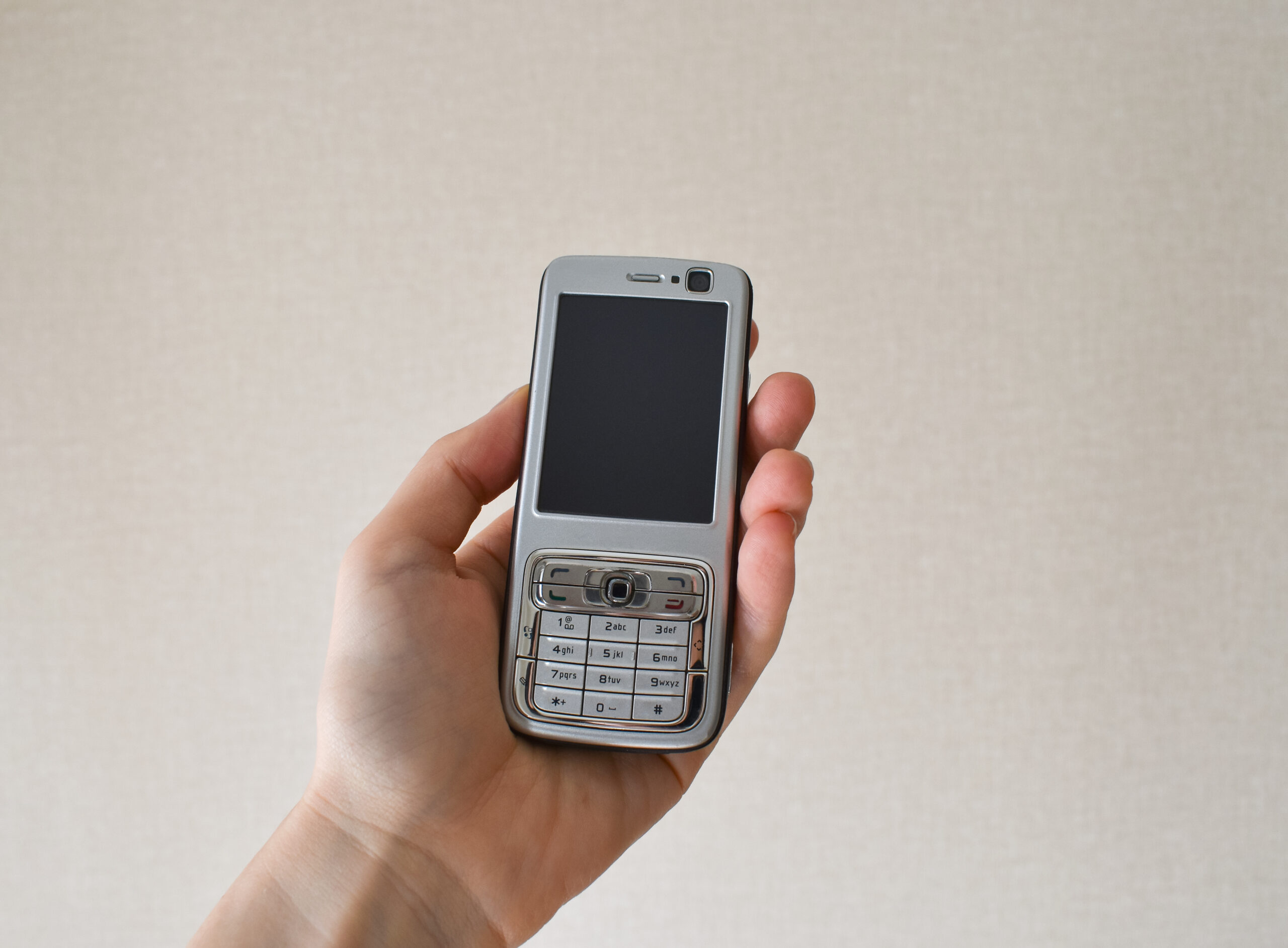Why blue light exposure before bed accelerates aging
Blue light is a type of visible light that comes from the sun but also from many artificial sources like phone screens, computer monitors, tablets, and LED lights. While it helps us see clearly during the day, exposure to blue light before bedtime can have surprising effects on our skin and overall aging process.
When you use devices emitting blue light late at night, this light penetrates deep into your skin. Unlike ultraviolet rays that mostly affect the surface, blue light reaches down to important parts of your skin cells called mitochondria. These mitochondria are like tiny power plants inside your cells—they produce energy needed for cell repair and renewal.
However, studies show that blue light damages mitochondrial DNA in skin cells. This damage reduces their ability to function properly and produce energy (ATP). When mitochondria struggle to work well, they create more harmful molecules called reactive oxygen species (ROS). These ROS cause oxidative stress—a kind of internal rusting—that breaks down collagen and elastin fibers in the skin. Collagen is what keeps your skin firm and elastic; when it degrades faster than it can be replaced, wrinkles and sagging appear sooner.
Moreover, increased ROS levels trigger enzymes known as matrix metalloproteinases which further degrade collagen in the skin’s deeper layers. This accelerates visible signs of aging such as fine lines, dark spots (hyperpigmentation), dullness, uneven tone especially in darker-skinned individuals—and even worsens acne by making pores clogged with dead cells.
Another factor is how blue light exposure before bed disrupts sleep patterns by interfering with melatonin production—the hormone responsible for regulating sleep cycles. Poor sleep slows down natural cell renewal processes overnight when our body normally repairs itself most effectively.
In addition to these cellular effects on the skin itself:
– Blue light raises surface temperature slightly which increases oiliness leading to more acne flare-ups.
– Reduced natural sunlight exposure due to staying indoors under artificial lighting slows shedding of old dead cells causing buildup in pores.
All these combined mean that regularly exposing yourself to blue light before sleeping speeds up aging signs visibly on your face while also weakening your body’s ability to repair damaged tissues internally.
To protect yourself from premature aging caused by nighttime blue-light exposure:
– Limit screen time an hour or two before bed.
– Use screen filters or glasses designed to block or reduce blue wavelengths.
– Keep bedrooms dimly lit with warm-colored lights instead of bright LEDs.
– Maintain good skincare routines focusing on antioxidants which help neutralize ROS damage.
Understanding how something as common as evening screen use affects our biology helps explain why we sometimes look older than we feel—and gives us simple ways to slow down this process naturally without drastic measures.





